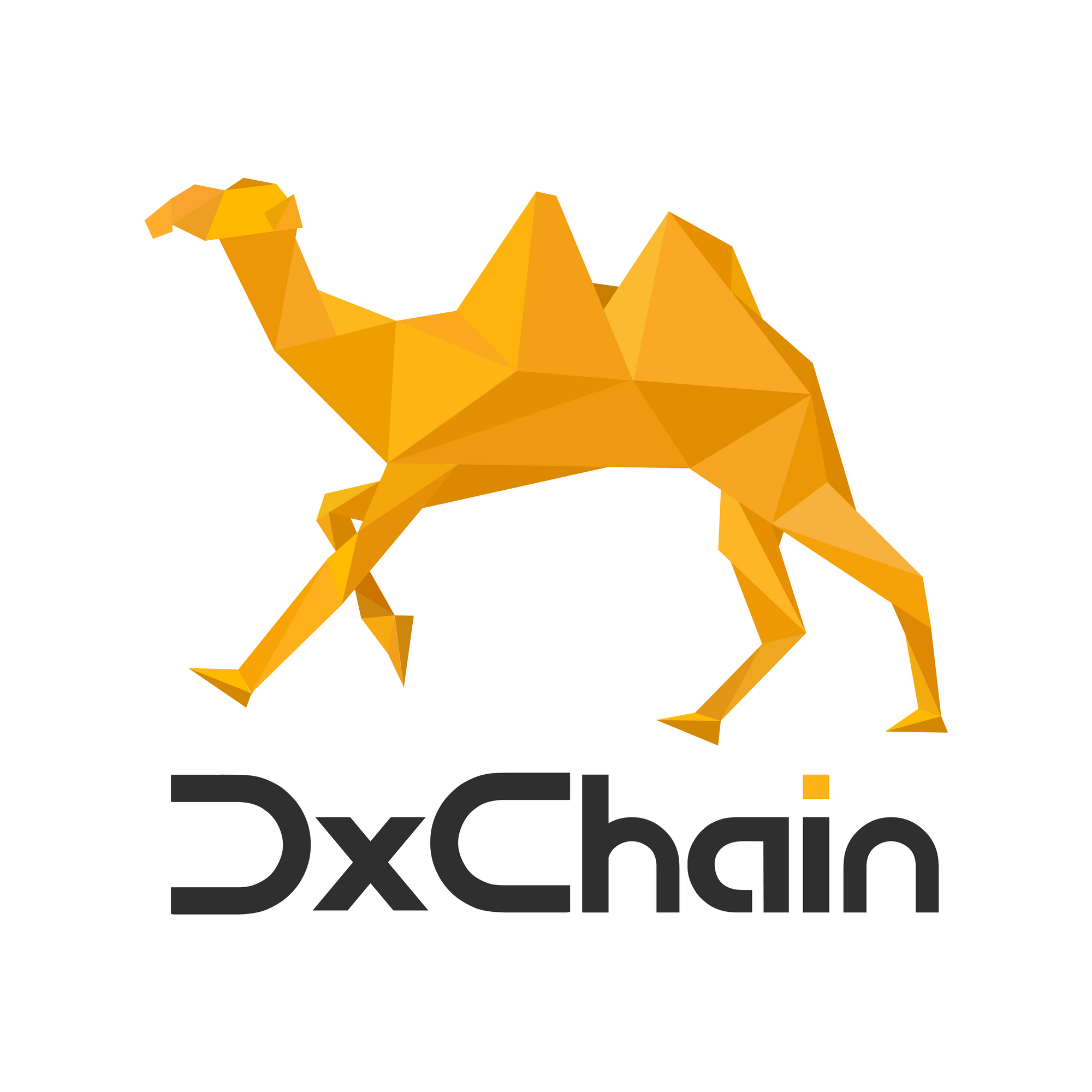This article is to explore the value of DxChain by discussing problems that arise in data.
Data has values.
What is the value of data? It is a tough question because people merely understands its value.
For example, a recent news story found that it is 30 percent more expensive for iPhone users to call a taxi than Android users, or when we shopping on Amazon, its website tends to recommend products based on our click-rates.
What does that mean? The 30 percent price difference, which is probably $8 or $9 on average, can end up being hundreds of millions of dollars in revenue. Meanwhile, Amazon’s over 100 million Prime members who pay a monthly or annual fee for free two-day shipping and other services can also bring up a staggering amount of income.
These are the answers.
Data ownership is missing.
Tech behemoths like Google, Facebook, Amazon, Didichuxing are dipping into the data streams of our lives and making money from our data with no costs.
However, we have no idea how our data were being harvested, what it would be used for, and who was using it.
There are so many discussions today that arose in data ownership. Representatives from tech companies, especially the ones in the U.S. and China, stressed that users’ data belongs to them since they are the service providers.
On the other hand, you, as a user, might say “since I am the creator of data, I shall own my data.” The General Data Protection Regulation (GDPR), a regulation in EU law that took effect last month, is enacted to protect data ownership and privacy for all individuals within the European Union.
In conclusion, GDPR’s interpretation of data ownership is:
- Companies shall take appropriate measures to process the data in a fair, legitimate and transparent form.
- The processing of personal data strictly necessary to prevent fraud constitutes a legitimate interest of the data controller concerned
- The personal data should be adequate, relevant and limited to what is necessary for the purposes for which they are processed.
- Measures shall be reviewed and updated where necessary.
- The personal data which are inaccurate should be rectified or deleted.
- Data storage period should not exceed the time required for processing personal data.
- The personal data should be handled in an appropriately secure manner, including the use of appropriate technical or organizational measures to prevent unauthorized or unlawful processing that results in loss, destruction or damage.
- Users must be aware of the following rules before any company was using their data;
How do you use my data?
- What profits can you get from my data?
- Who is using my data?
- Who is responsible for using my data?

You don’t really own your data.
While the ownership of the data might determine whether data can be circulated, data itself is still stored on the servers of large enterprises. There is no way for users to literally own their data, because no company will give data back to users and say “hey, let’s create a new folder on your laptop to keep all your credit card records or shopping history.”
Explore the value of data
The above examples of calling taxi and Amazon’s automatic recommendation system lie in a typical business judgment based on big data and machine learning analysis. What we need is not the data itself, but the value found in the data.
Most large companies, ranging from IT giants like Google and Amazon to traditional retailers like Walmart and Sears, have built up a broad set of connected computers that work together, a.k.a computer clusters, to support business intelligence, in a bid to extract the value of data.
Why do we need DxChain?
DxChain has answers to the above questions.
Data is valuable.
Data ownership should belong to data subjects or users who have created data.
Data creators should own their data, and benefit from their data.
DxChain is aimed to solve all these critical problems. DxChain hopes to create a decentralized data exchange platform to help users not just own and control their data, but extract and enjoy the value of data as well.
